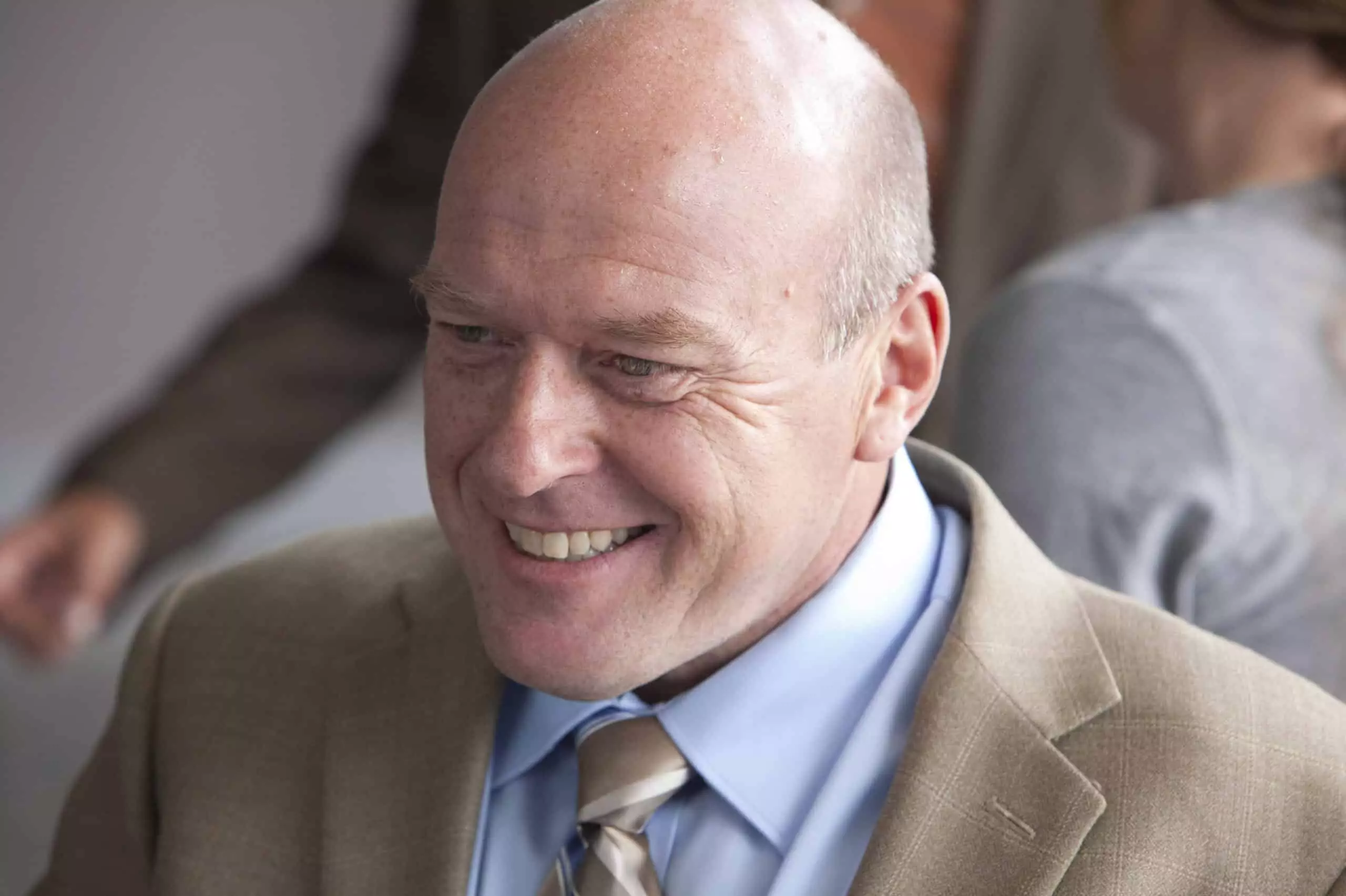The intersection of celebrity culture and cryptocurrency has become increasingly fraught with risks, particularly with the rise in hacking incidents targeting high-profile individuals. Recently, Dean Norris, famed for his role in “Breaking Bad,” fell victim to a sophisticated scheme that exploited his reputation to propagate a fraudulent meme coin named DEAN. This incident is not just an isolated event but rather part of a troubling trend that raises questions about online security, the responsibility of public figures, and the growing sophistication of cybercriminals.
Norris’s official account on the platform X was compromised to disseminate misleading information regarding a non-existent cryptocurrency. The hackers crafted a convincing narrative that began with a tweet claiming, “I have decided to launch my own crypto coin named Dean.” This misleading announcement included a contract address for the fake token, aiming to lure unsuspecting investors. To enhance the perceived legitimacy of the scam, the criminals utilized a manipulated image showing Norris allegedly endorsing the project alongside a photoshopped notepad listing the launch date and ticker symbol $DEAN.
Their tactics escalated with the release of a brief video clip in which a voice purportedly belonging to Norris confirmed the launch date, further manipulating potential investors. This video was not a product of direct engagement but rather created using Cameo, a platform allowing fans to request personalized messages from celebrities, showcasing a novel method of exploitation.
The ruse came to light when Norris regained access to his account and swiftly addressed the fraudulent activity. In a video, he clarified that the crypto claims were “a complete fake scam,” urging the community to disregard the false information. Despite his attempts to rectify the situation, the damage had already been done. According to blockchain analysis, the fraudulent DEAN token reached an unsustainable market cap of $8.4 million within a day of its bogus launch, only to crash to a mere $53,000 shortly thereafter.
This incident has sparked a broader conversation regarding the nature of online interactions and the vulnerability of celebrities in the digital sphere. Many skeptics took to social media and forums, questioning Norris’s credibility and suggesting that his lack of stringent security measures had enabled such an attack. Norris was also quick to deny allegations of involvement in any “pump and dump” scheme, clearly stating his infrequent use of the platform and lack of awareness about the breach.
This hacking incident is not an anomaly; it marks the second time Norris’s account has been exploited for similar fraudulent activities. The previous event occurred in September 2024, involving a different fraudulent token, SCHRADER, that capitalized on his association with “Breaking Bad.” This pattern raises concerns about the security protocols surrounding celebrity accounts and the need for greater vigilance on both the part of celebrities and social media platforms.
More alarmingly, the situation reflects a broader trend in which cybercriminals have increasingly targeted influential social media accounts. A report by blockchain investigator ZachXBT revealed a coordinated campaign where multiple popular profiles, including those of notable musicians and personalities, were hijacked to promote various counterfeit cryptocurrencies. The cumulative result of such hacks has led to millions of dollars lost to scams, further demonstrating the pressing need for improved cybersecurity measures.
The recent incident involving Dean Norris serves as a stark reminder of the perils that accompany celebrity involvement in social media and cryptocurrency. With hackers growing more sophisticated and the methods of manipulation more credible, both public figures and their followers must remain vigilant against scams.
Moreover, as the lines between celebrity influence and financial advice blur in the high-risk landscape of cryptocurrency, there exists a crucial need for awareness and education among fans regarding the potential for deception. Norris’s experience could catalyze a broader discussion on digital security, requiring celebrities and social media platforms to implement better protective measures to prevent such attacks in the future. In an era where misinformation can spread like wildfire, sustaining the integrity of public discourse and financial investments is more critical than ever.















Leave a Reply